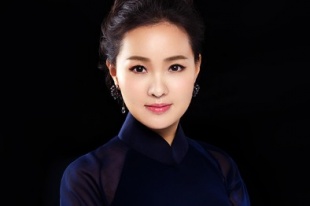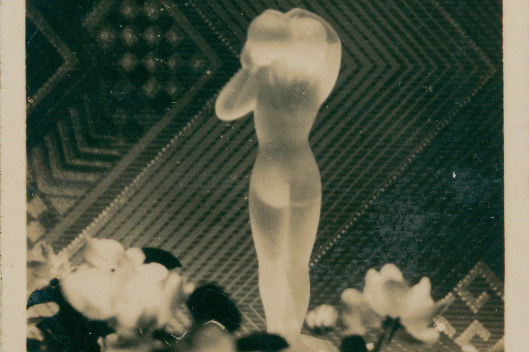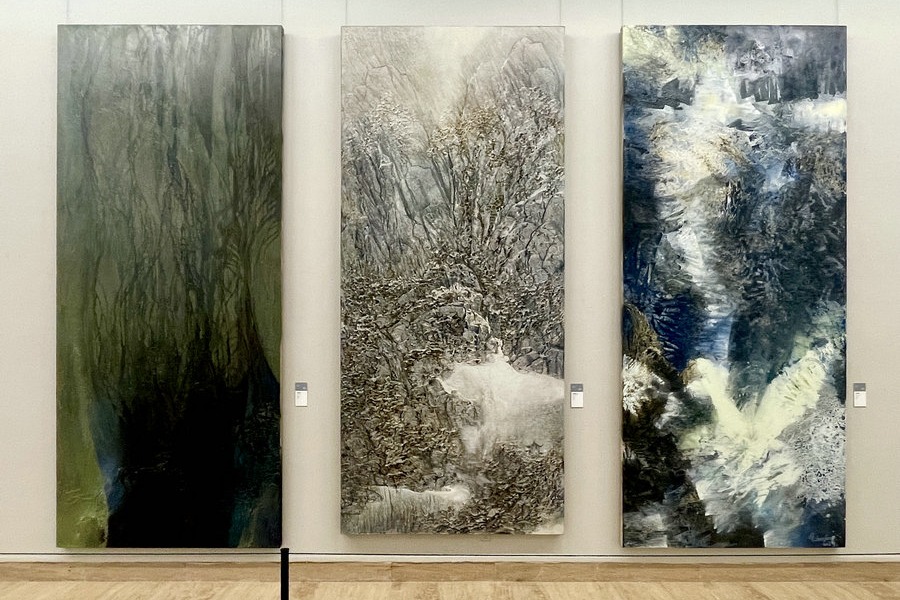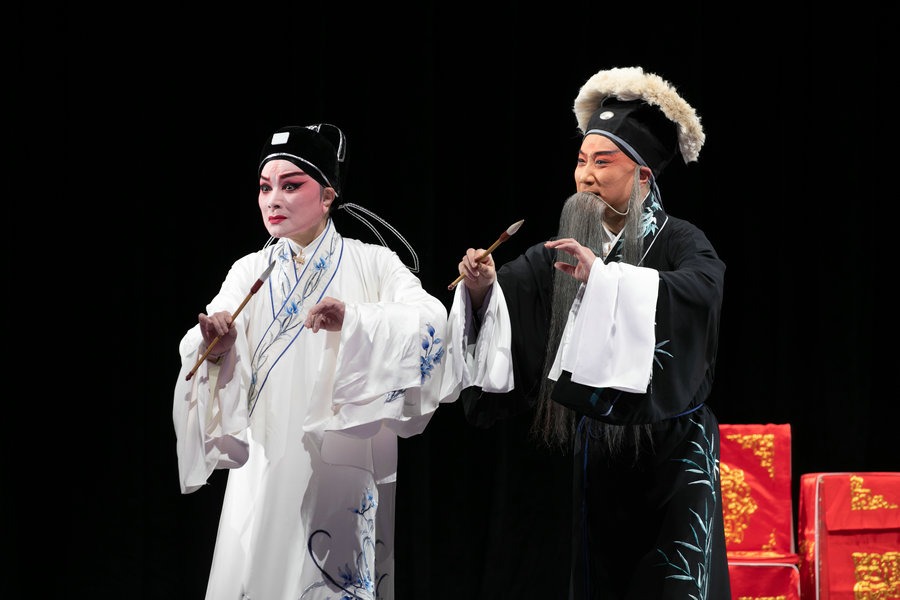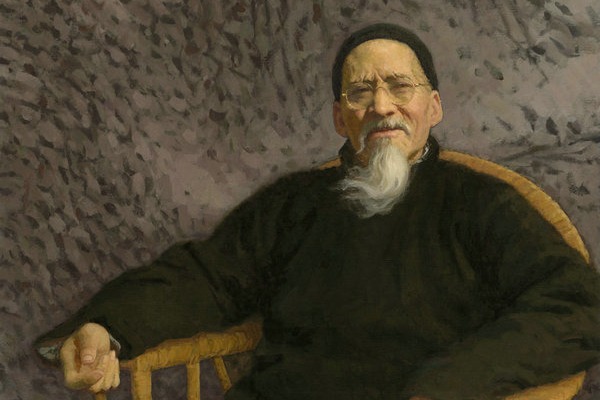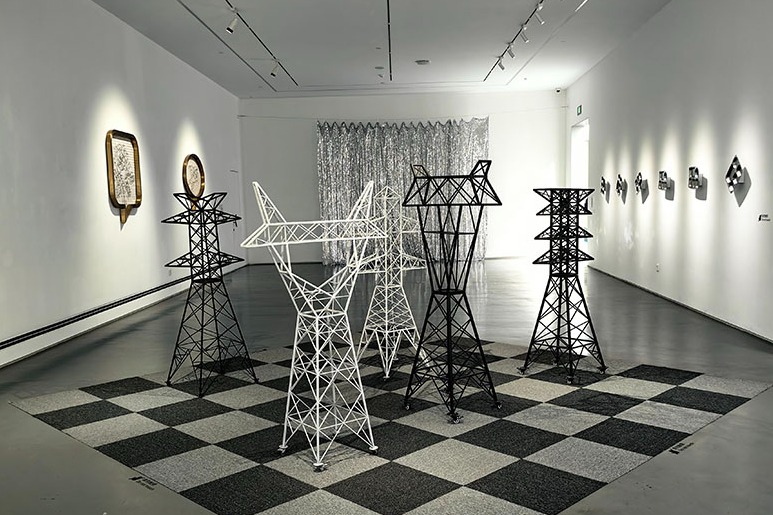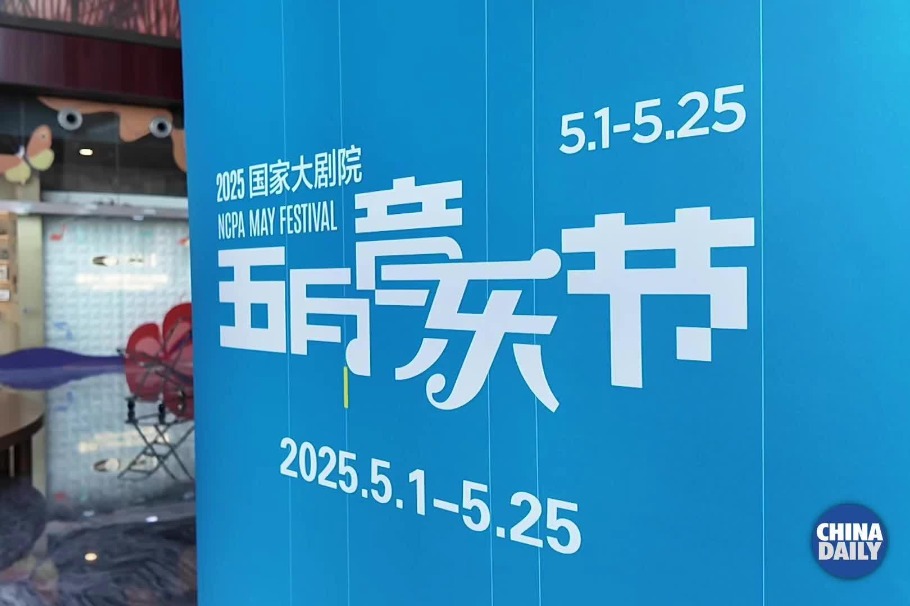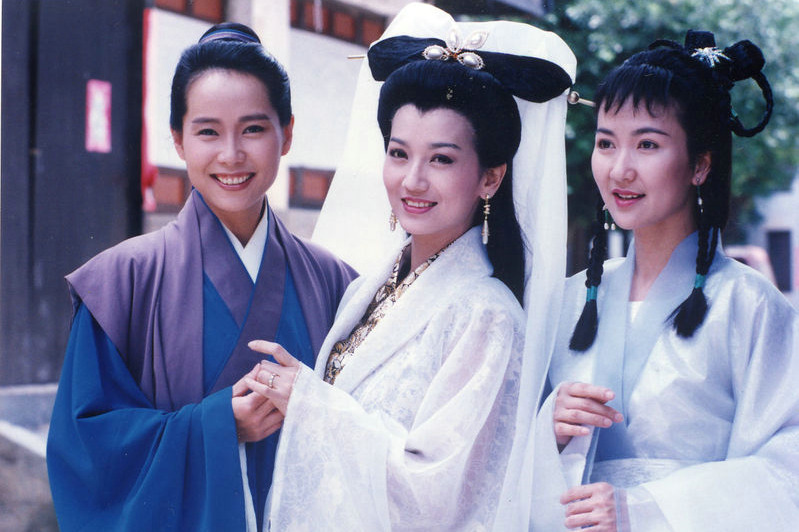Helping folk revival

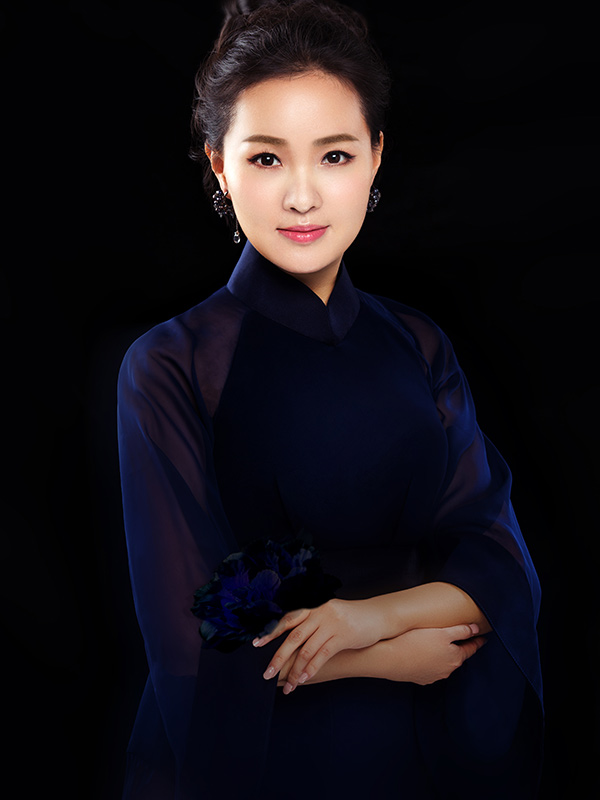
Lei Jia's series of recitals outline her mission to further the knowledge of traditional Chinese music, Cheng Yuezhu reports.
Wearing a simple, yet elegant, linen dress inspired by hanfu (traditional Chinese clothing), national first-level performer Lei Jia sings with the accompaniment of a small ensemble, telling the audience stories of the past.
This is Lei's The Songs of the Ancestors tour, a series of Chinese folk song recitals spanning over a year around the country, serving as her doctoral graduation concert from the China Conservatory of Music.
"These folk songs have been sung by our ancestors in their daily lives for hundreds or thousands of years. With these concerts, I'd like more people to feel the beauty of these folk songs," Lei says.
The concerts take the form of chamber music, with a host explaining the stories behind each song during the intervals. The repertoire includes 15 folk songs from 10 regions and six ethnic groups, requiring the mastery of nine different Chinese dialects.
"I feel like this kind of salon-like concert setting, with an expert explaining the past and present, the ins and outs of the songs, enriches the concerts and offers the audience something to reflect upon," Lei says.
Tian Qing, a musicologist devoted to the protection of Chinese folk culture, has been the host at several of Lei's recitals.
"Salons establish a level of interaction between the performer and the audience. We guide the audience to understand the music, including its origin and background, so they can gain knowledge while still appreciating the music," Tian says.
For the accompaniment Lei chose an ensemble composed of less than 20 musicians. Apart from the Chinese folk instruments, the ensemble includes a Western string quartet, an African djembe and a guitar.
According to Lei, these modern elements are employed to offer the audience a familiar, yet fresh, aesthetic experience, while in essence the songs still convey the spirit of Chinese music.


